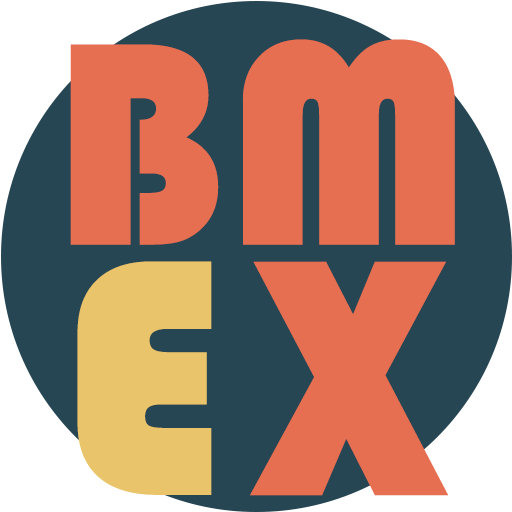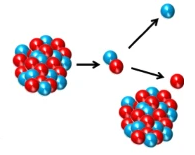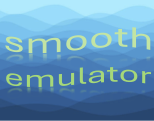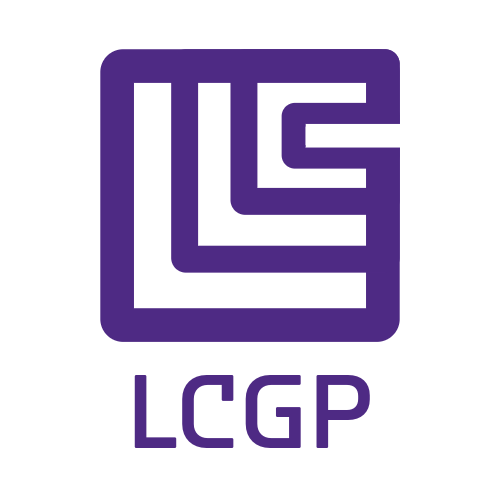Software
External code delivery will be from the bandframework github repository
surmise

A Python package designed to provide a surrogate model interface for calibration, uncertainty quantification, and other tools.
O. Surer, M. Plumlee, S.M. Wild, M. Y-H. Chan
surmise Read the Docs
Taweret
A versatile Python package containing multiple model mixing techniques for a variety of use cases.
K. Ingles, D. Liyanage, A. C. Semposki, J. C. Yannotty
Taweret documentation
ParMOO
![]()
ParMOO is a parallel multiobjective optimization solver that seeks to exploit simulation-based structure in objective and constraint functions.
T. H. Chang, S. M. Wild, H. Dickinson
parmoo Read the Docs
BMEX

The Bayesian Mass Explorer (BMEX) is a user-focused web application that provides a one-stop-shop for quantified theoretical model predictions of nuclear masses and related quantities.
K. Godbey, L. Buskirk, P. Giuliani
BMEX Web Application
ROSE

The Reduced Order Scattering Emulator (ROSE) is a Python package for building emulators using reduced basis methods for calculating nuclear scattering observables for user-defined interactions, including optical potentials.
D. Odell, P. Giuliani, K. Godbey, K. Beyer, M. Y.-H. Chan
ROSE Github
Bfrescox

Bfrescox is a python package wrapping Frescox, a Fortran application for coupled-reaction-channels calculations in nuclear physics.
K. Beyer and M. Catacora-Rios and J. O’Neal
Bfrescox ReadMe and Repo
PUQ

Python package for generating experimental designs tailored for uncertainty quantification and featuring parallel implementations
O. Surer, M. Plumlee, S.M. Wild
PUQ Read the Docs
jitR

A fast calculable R-matrix solver for parametric reaction models, production ready for calibration and uncertainty-quantification.
K. A. Beyer
jitR repository
Smooth Emulator

If your function is well described by Taylor expansion, Smooth Emulator is for you!
S. Pratt and O. Savchuk
Documentation
LCGP

A Python emulator strategy for stochastic high-dimensional simulation outputs.
M. Y-H. Chan
LCGP repository
Software Development Kit
BAND Software Development Kit (SDK)
The BAND collaboration will carry out the software development in several stages that will include parallel lines of development and testing. External code delivery will happen via a public Github repository. To suggest changes to these requirements or obtain more information, please contact members of BAND.
Including code in BAND
All code included in the public Github bandframework repository will be open source. If a piece of code does not contain a open-source LICENSE file as mentioned in the requirements below, then it will be automatically licensed as described in the LICENSE file in the root directory of the bandframework repository.
New code can be included in the bandframework repository via a pull request to the develop branch. The name of the software should be the subdirectory name in the /software directory.
BAND packages should include a compatibility document and a template is provided. The compatibility file should be placed in the root directory of the new subdirectory and labeled by the software name appended by bandsdk. For example, if you have a software foo, you should create a directory /software/foo and place the compatibility file named foobandsdk.md in the directory /software/foo alongside contributed code. All pull requests for inclusion of a new /software directory that do not include this document will be rejected. You can also include a repository as a submodule in the bandframework repository by placing a pull request. Please see the additional instructions for including a submodule; all submodules must meet the same requirements as outlined here.
BAND SDK v0.2 Community Policies
The BAND Framework will conform with BAND Software Development Kit (SDK) requirements, summarized below. By using such requirements we envision ready interoperability across the BAND software ecosystem, large-scale scientific simulation codes, and other numerical libraries.
As shown in the template and linked SDK compatibility examples, we note that there are different levels to which packages can satisfy BAND’s mandatory and recommended policies in order to facilitate interoperability with other BAND compatible tools. We emphasize that the most important thing is for packages to state their compliance with each policy.
Mandatory Policies
| # | Policy |
|---|---|
| 1. | Support BAND community GNU Autoconf, CMake, or other build options. |
| 2. | Have a README file in the top directory that states a specific set of testing procedures for a user to verify the software was installed and run correctly. |
| 3. | Provide a documented, reliable way to contact the development team. |
| 4. | Come with an open-source license. |
| 5. | Provide a runtime API to return the current version number of the software. |
| 6. | Provide a BAND team-accessible repository. |
| 7. | Must allow installing, building, and linking against an outside copy of all imported software that is externally developed and maintained. |
| 8. | Have no hardwired print or IO statements that cannot be turned off. |
Recommended Policies
| # | Policy |
|---|---|
| R1. | Have a public repository. |
| R2. | Free all system resources acquired as soon as they are no longer needed. |
| R3. | Provide a mechanism to export ordered list of library dependencies. |
| R4. | Document versions of packages that it works with or depends upon, preferably in machine-readable form. |
| R5. | Have SUPPORT, LICENSE, and CHANGELOG files in top directory. |
| R6. | Have sufficient documentation to support use and further development. |
| R7. | Be buildable using 64-bit pointers; 32-bit is optional. |
| R8. | Do not assume a full MPI communicator; allow for user-provided MPI communicator. |
| R9. | Use a limited and well-defined name space (e.g., symbol, macro, library, include). |
| R10. | Give best effort at portability to key architectures. |
| R11. | Install headers and libraries under <prefix>/include and <prefix>/lib, respectively. |
| R12. | All BAND compatibility changes should be sustainable. |
| R13. | Respect system resources and settings made by other previously called packages. |
| R14. | Provide a comprehensive, automated test suite for correctness of installation verification. |
Citing the BAND Framework
Please use the following to cite the BAND Framework:
@techreport{bandframework,
title = { {BANDFramework: An} Open-Source Framework for {B}ayesian Analysis of Nuclear Dynamics},
author = {Kyle Beyer and Landon Buskirk and Moses Y-H. Chan and Tyler H. Chang and Richard James DeBoer and
Richard J. Furnstahl and Pablo Giuliani and Kyle Godbey and Kevin Ingles and Dananjaya Liyanage and Filomena M. Nunes and
Daniel Odell and Daniel R. Phillips and Matthew Plumlee and Matthew T. Pratola and Alexandra C. Semposki and \"Ozge S\"urer and
Stefan M. Wild and John C. Yannotty},
institution = {},
number = {Version 0.3.0},
year = {2023},
url = {https://github.com/bandframework/bandframework}
}
